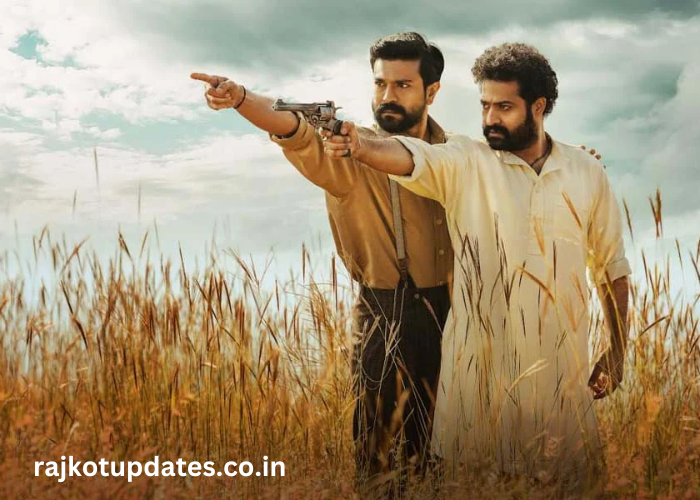rajkotupdates.news is a leading news portal that provides comprehensive coverage of the latest developments in the Indian entertainment industry. As a reputable source of information, rajkotupdates.news strives to deliver accurate and timely news to its readers, keeping them informed about the latest happenings in the world of cinema, television, and beyond.
Overview of the movie “Rrr”
“Rrr” is a highly anticipated Indian period action drama film directed by S. S. Rajamouli, known for his critically acclaimed works such as the “Baahubali” series. The movie features an ensemble cast, including Ram Charan, Jr. NTR, Ajay Devgn, and Alia Bhatt, and is set in the 1920s during the Indian independence movement. The film has generated a significant buzz among movie enthusiasts, with its grand scale, impressive visuals, and powerful storyline.
What is a PIL (Public Interest Litigation)?
A Public Interest Litigation (PIL) is a legal instrument that allows individuals or organizations to file a case in court on behalf of the public interest. PILs are often used to address issues of public importance, such as violations of fundamental rights, environmental concerns, or matters of social justice. In India, the Supreme Court and High Courts have the authority to hear and adjudicate PILs, which can lead to significant changes in policies, laws, and societal practices.
The PIL Filed in the Telangana High Court for “Rrr”
Before the highly anticipated release of the film “Rrr,” a PIL was filed in the Telangana High Court, raising concerns about the movie’s content and its potential impact on the public. The PIL was filed by a local resident, who claimed to have found certain aspects of the film’s portrayal of historical figures and events to be objectionable and potentially harmful.
Reasons Behind the PIL
The PIL filed in the Telangana High Court alleged that the film “Rrr” contained inaccuracies and distortions in its depiction of historical figures and events. The petitioner argued that the film’s portrayal of certain revolutionary leaders and their actions could be misleading and could potentially influence the public’s understanding of the Indian independence movement.
Arguments Presented in the PIL
The PIL presented several arguments to support its claims. Firstly, the petitioner argued that the film’s depiction of the relationship between the two lead characters, who are based on real-life revolutionary leaders, was not historically accurate and could be seen as glorifying violence. Secondly, the PIL claimed that the film’s portrayal of certain events and incidents related to the independence struggle was not in line with the historical record, which could lead to the dissemination of false information.
Reactions from the film industry and the public
The PIL filed in the Telangana High Court has garnered significant attention from the film industry and the general public. Some members of the film fraternity have expressed their support for the filmmakers, arguing that creative liberties are essential in the making of historical dramas. On the other hand, some individuals and organizations have voiced their concerns about the potential impact of the film’s content on the public’s understanding of history.
Impact on the Release of “Rrr”
The PIL filed in the Telangana High Court has raised concerns about the release of the film “Rrr.” The court has taken cognizance of the petition and has sought a response from the filmmakers and the relevant authorities. Depending on the outcome of the court proceedings, the release of the film could be delayed or even subject to certain modifications or restrictions.
Possible Outcomes of the Pil
The PIL filed in the Telangana High Court could have several possible outcomes. The court may dismiss the petition, allowing the film to be released as planned. Alternatively, the court may order the filmmakers to make certain changes or modifications to the film’s content to address the concerns raised in the PIL. In a more extreme scenario, the court could even impose a ban on the film’s release if it deems the concerns raised in the PIL to be valid and warranting such action.
Conclusion
The PIL filed in the Telangana High Court regarding the film “Rrr” has brought to the forefront the ongoing debate about the portrayal of historical figures and events in cinematic adaptations. While creative liberties are often necessary in the making of such films, it is crucial to ensure that the overall narrative does not deviate significantly from the historical record or promote harmful stereotypes or biases. As the legal proceedings unfold, it will be interesting to see how the courts and the filmmakers navigate this delicate balance between artistic expression and historical accuracy.



